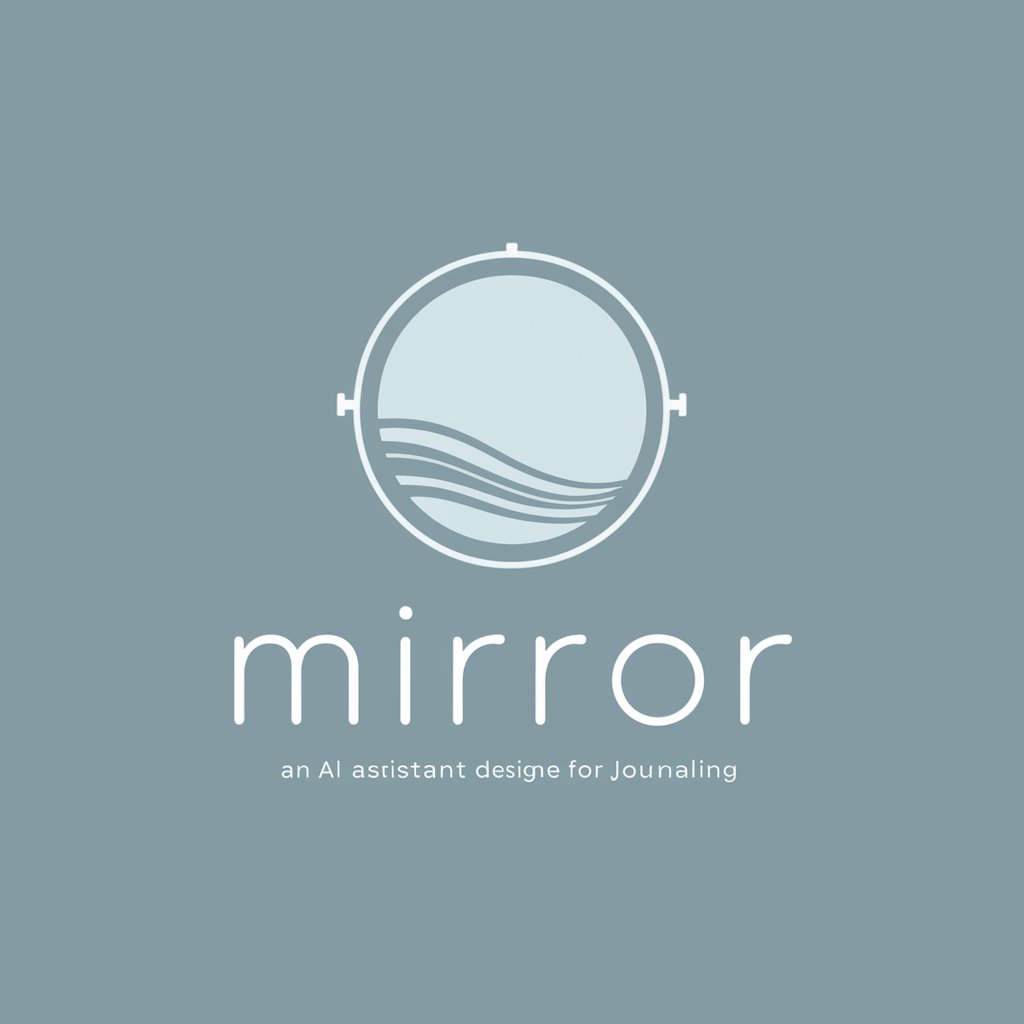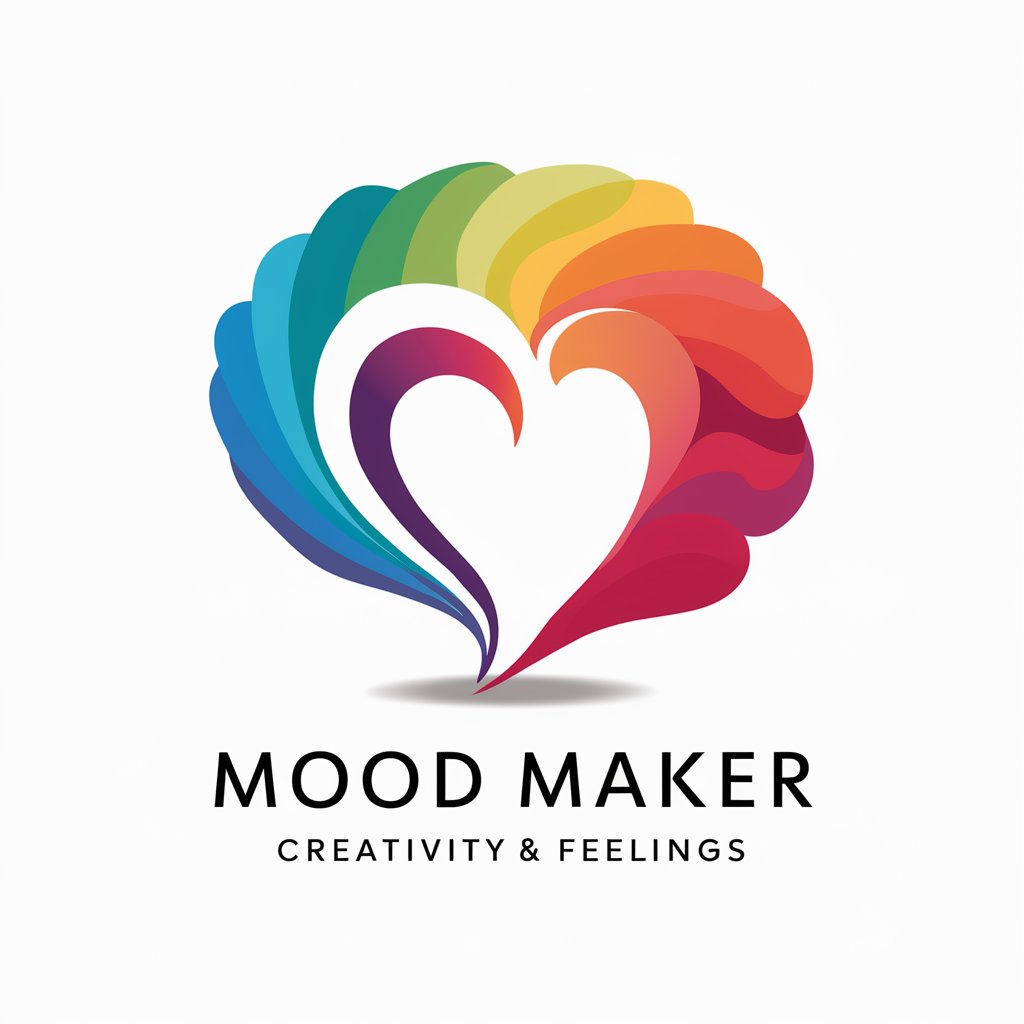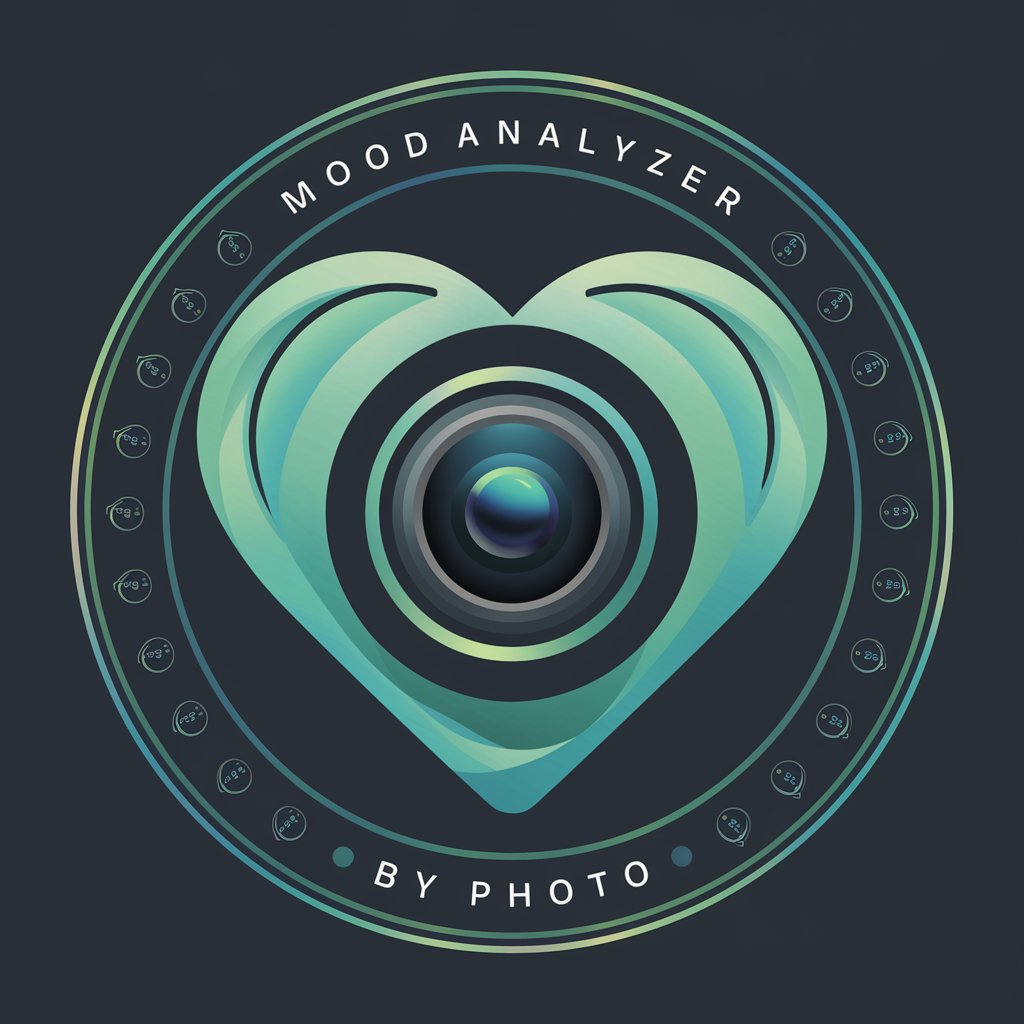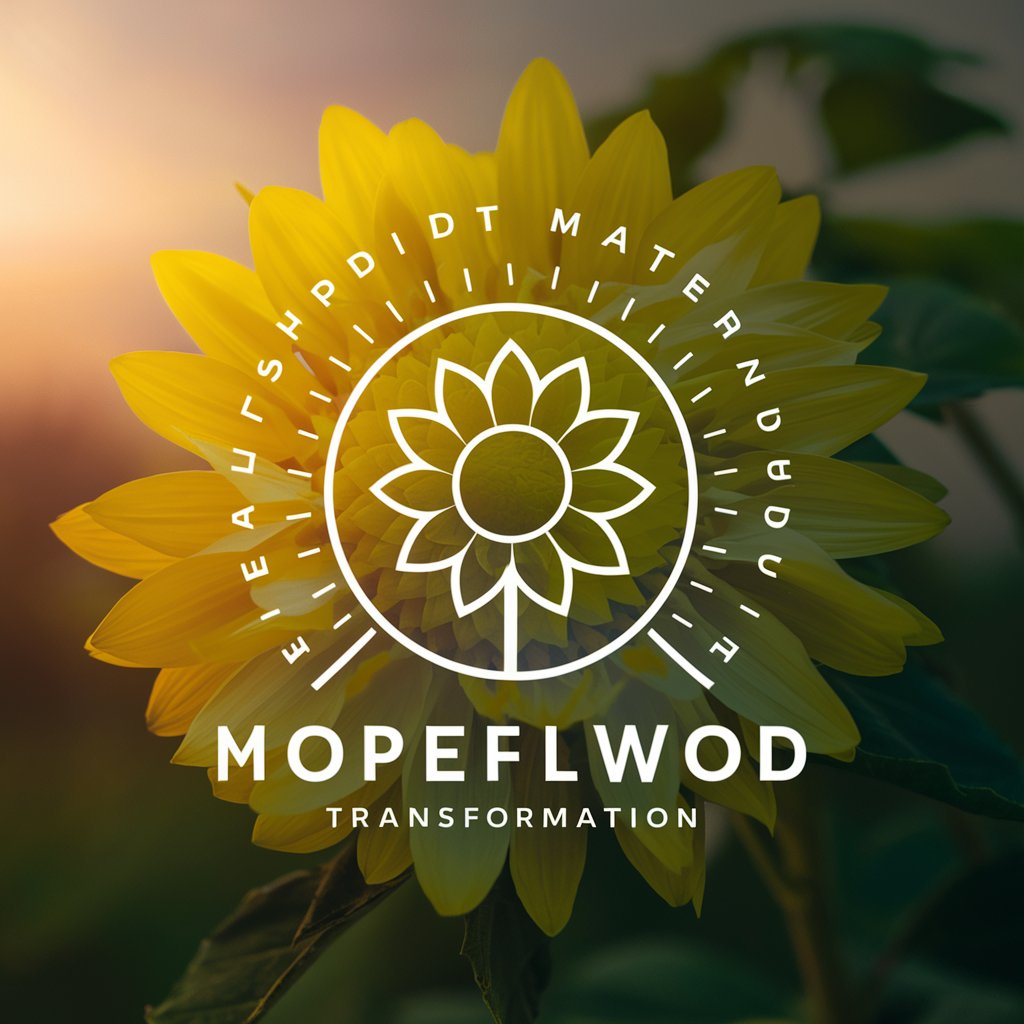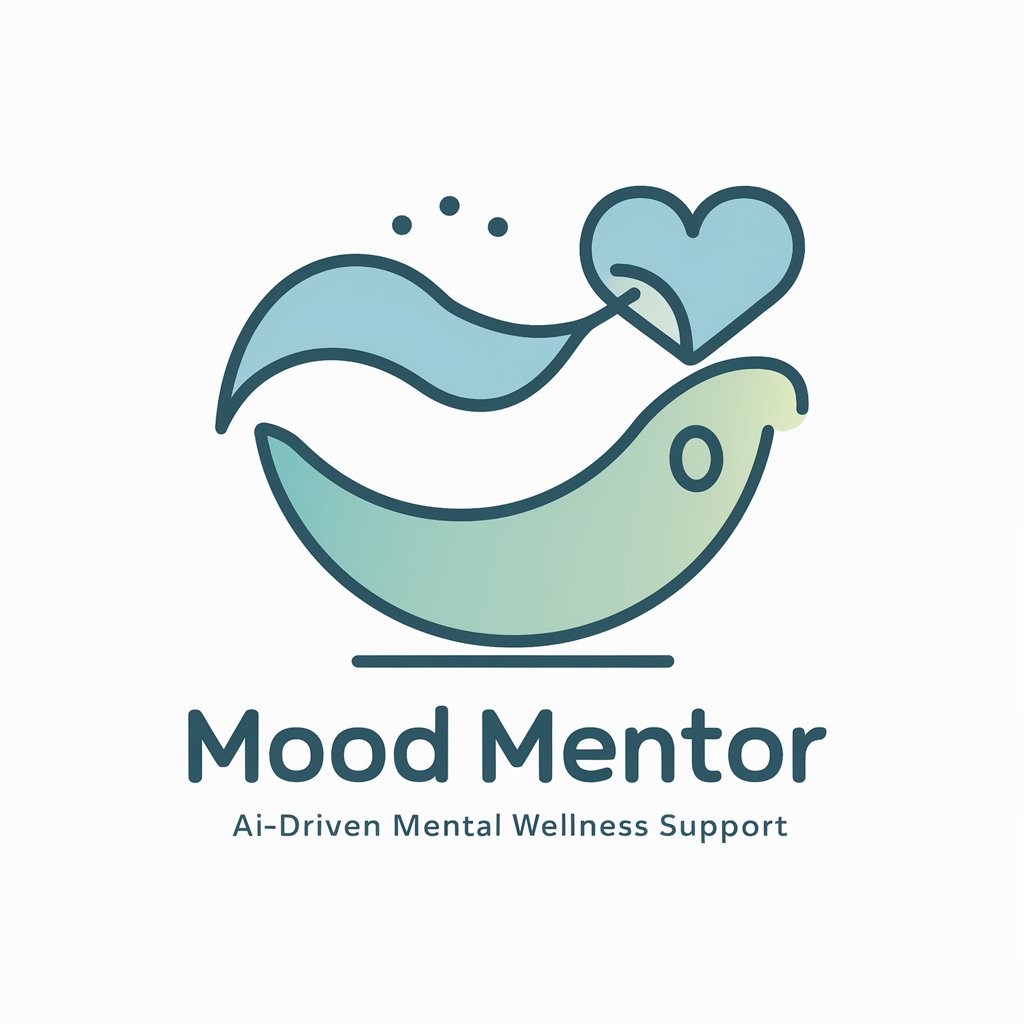
Mood Mirror - emotional tone analysis
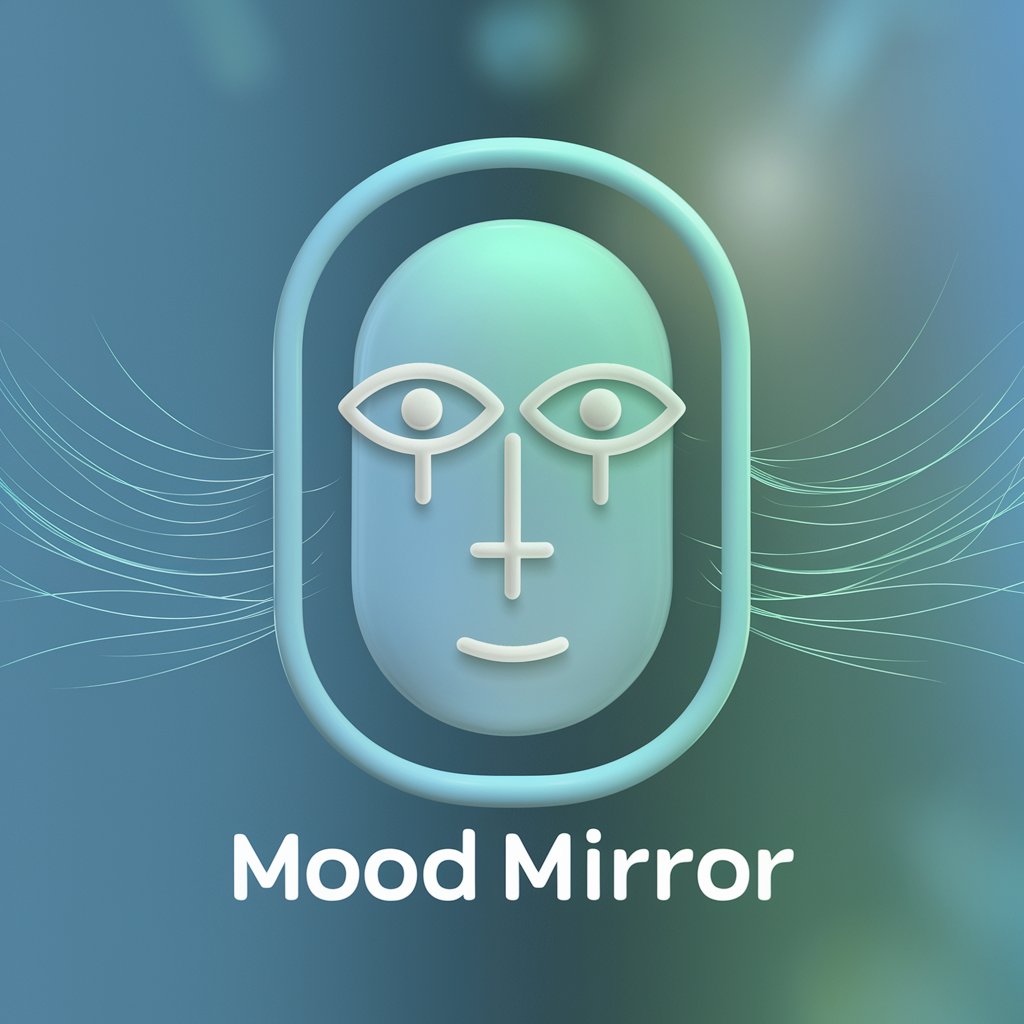
Hi there! How are you feeling today?
Illuminate Your Words' Emotions
Can you tell me more about how you're feeling today?
What has been on your mind lately?
Is there anything specific that's affecting your mood right now?
How would you describe your current emotional state?
Get Embed Code
Mood Mirror: An Overview
Mood Mirror is envisioned as an innovative digital tool designed to reflect and analyze users' emotional states, offering personalized feedback and insights. Through advanced algorithms and technologies like Natural Language Processing (NLP), voice tone analysis, and facial recognition, Mood Mirror aims to capture subtle emotional cues from users. It processes these inputs to identify their current mood, providing real-time reflections and suggestions to enhance emotional awareness and well-being. For example, a user feeling stressed might interact with Mood Mirror through a journaling feature or a voice diary, and the tool would analyze the text or voice tone to suggest relevant stress-relief techniques or mindfulness exercises. Powered by ChatGPT-4o。

Core Functions of Mood Mirror
Emotional State Analysis
Example
Using NLP to interpret journal entries, identifying keywords and patterns that indicate stress.
Scenario
A user writes about their day, mentioning 'overwhelmed' and 'deadline'. Mood Mirror detects stress indicators and suggests a short breathing exercise.
Mood Tracking and Trends
Example
Compiling daily mood scores to visualize emotional trends over time.
Scenario
The tool charts a user's mood swings throughout the week, highlighting a recurring dip in positivity every mid-week, prompting a review of mid-week habits or stressors.
Personalized Recommendations
Example
Suggesting activities or content based on the user's current emotional state, like calming music for anxiety.
Scenario
Noticing signs of anxiety in a user's voice, Mood Mirror recommends a playlist of calming nature sounds to reduce anxiety levels.
Ideal Users of Mood Mirror Services
Individuals Seeking Emotional Well-being
People interested in personal growth and emotional health who value self-awareness and emotional intelligence. They benefit from Mood Mirror by gaining deeper insights into their emotional patterns and triggers, helping them develop healthier coping mechanisms.
Therapy and Counseling Clients
Clients in therapeutic or counseling settings could use Mood Mirror as a supplementary tool to track their emotional states between sessions, providing valuable data for discussions with their therapists or counselors.

How to Use Mood Mirror
1
Visit yeschat.ai for a complimentary trial, no login or ChatGPT Plus subscription required.
2
Select 'Mood Mirror' from the available tools to start analyzing your textual input.
3
Type or paste the text you'd like to analyze into the designated input area.
4
Press the 'Analyze' button to process your text and receive feedback on the detected mood.
5
Review the feedback for insights into the emotional tone of your text. Use this to adjust your communication style if necessary.
Try other advanced and practical GPTs
Mood Uplifter
Uplift your spirits with AI
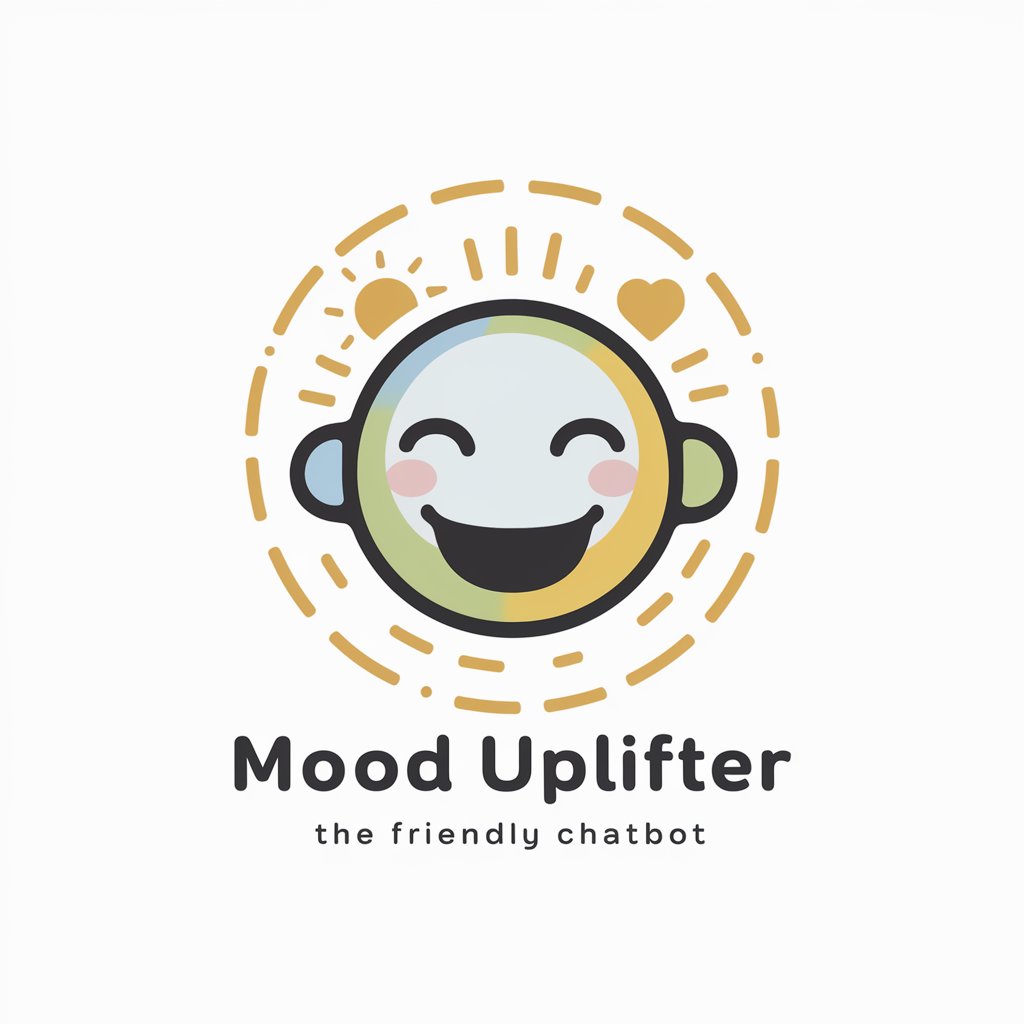
Mood Brew
Brew Your Mood with AI
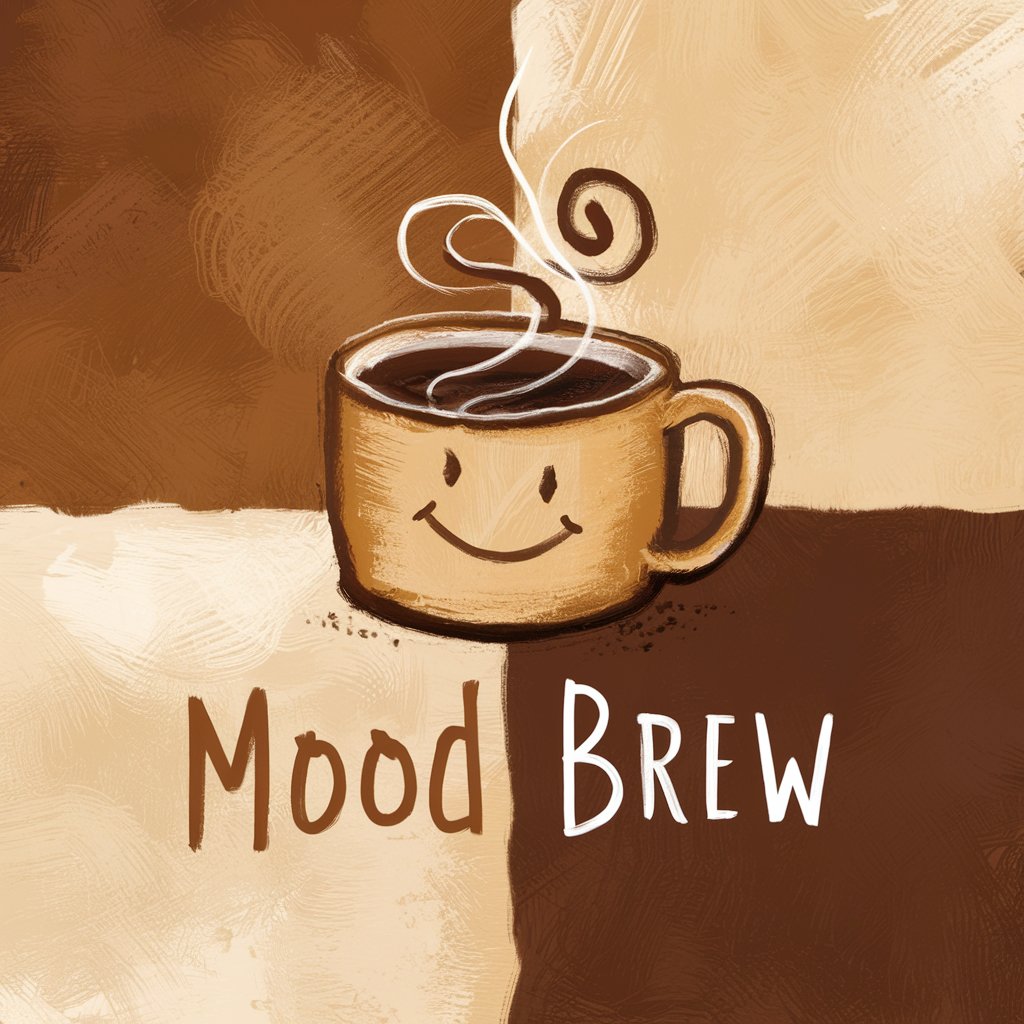
Mood Decoder
Empowering Emotional Insights with AI
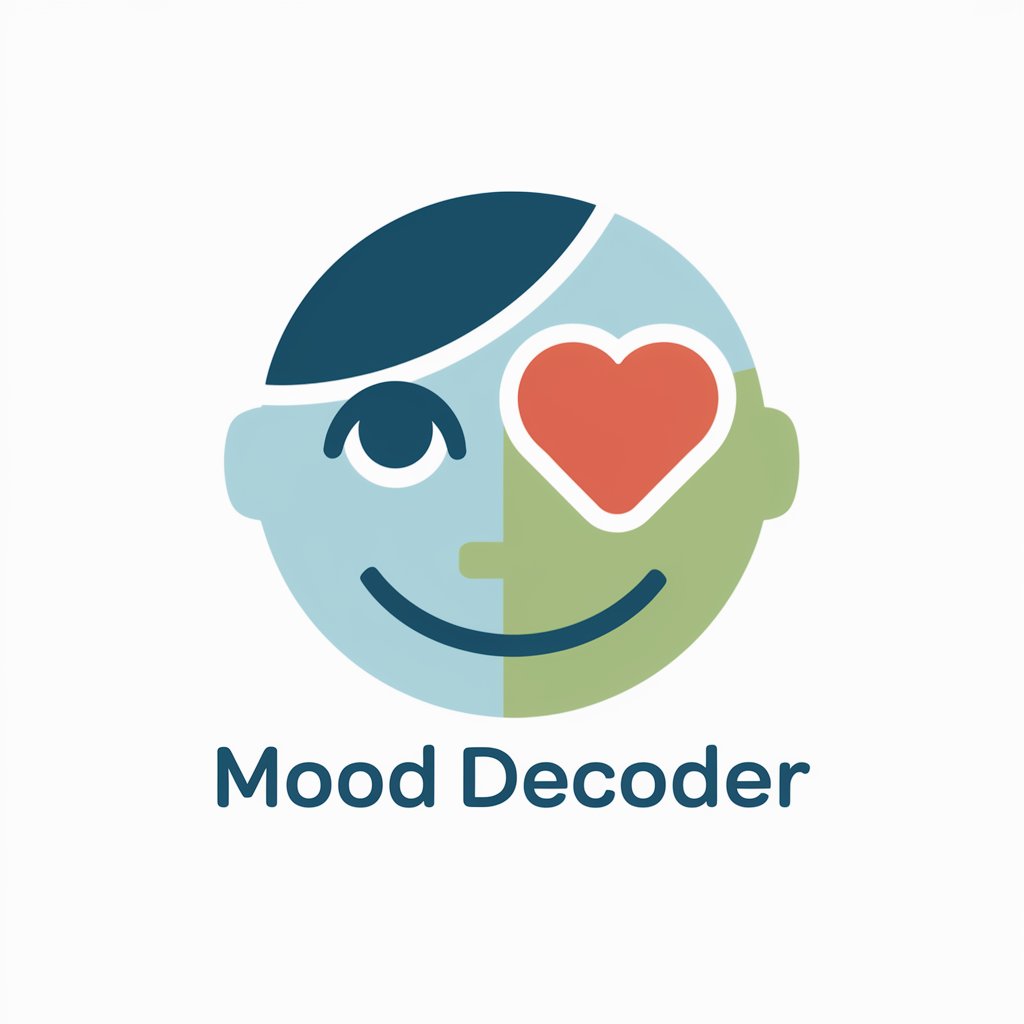
Mood Closet
Tailor Your Style with AI
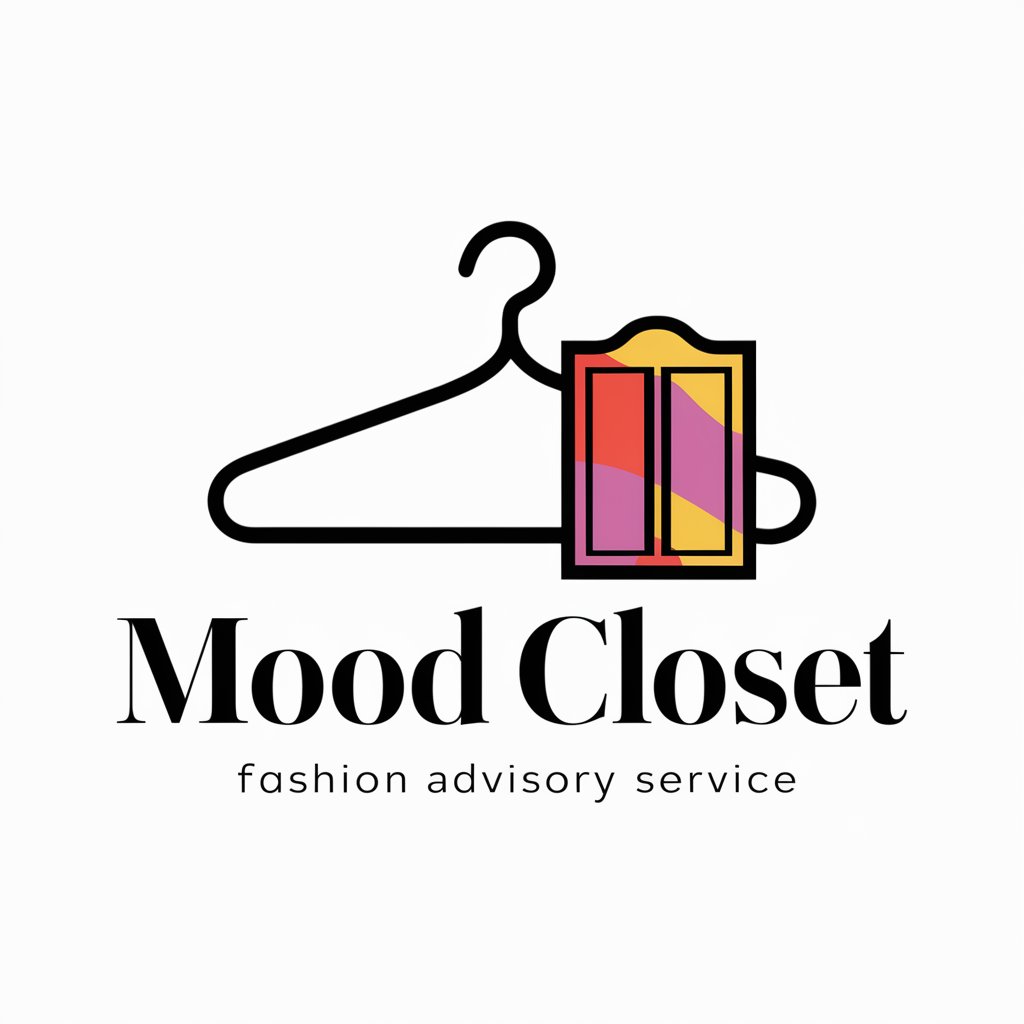
Mood Tracker
Brighten Your Day with AI
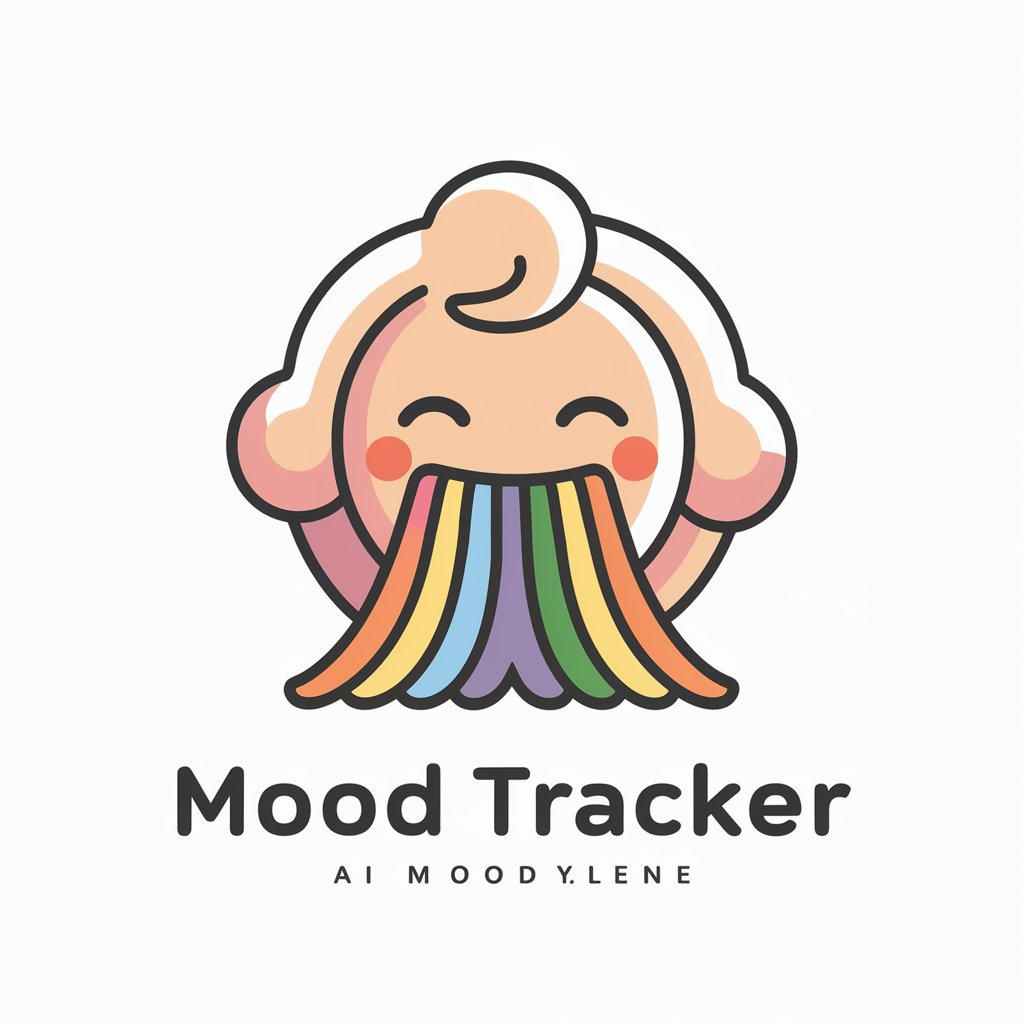
Ask Dr. Sigmund Freud
Unlock the secrets of your unconscious
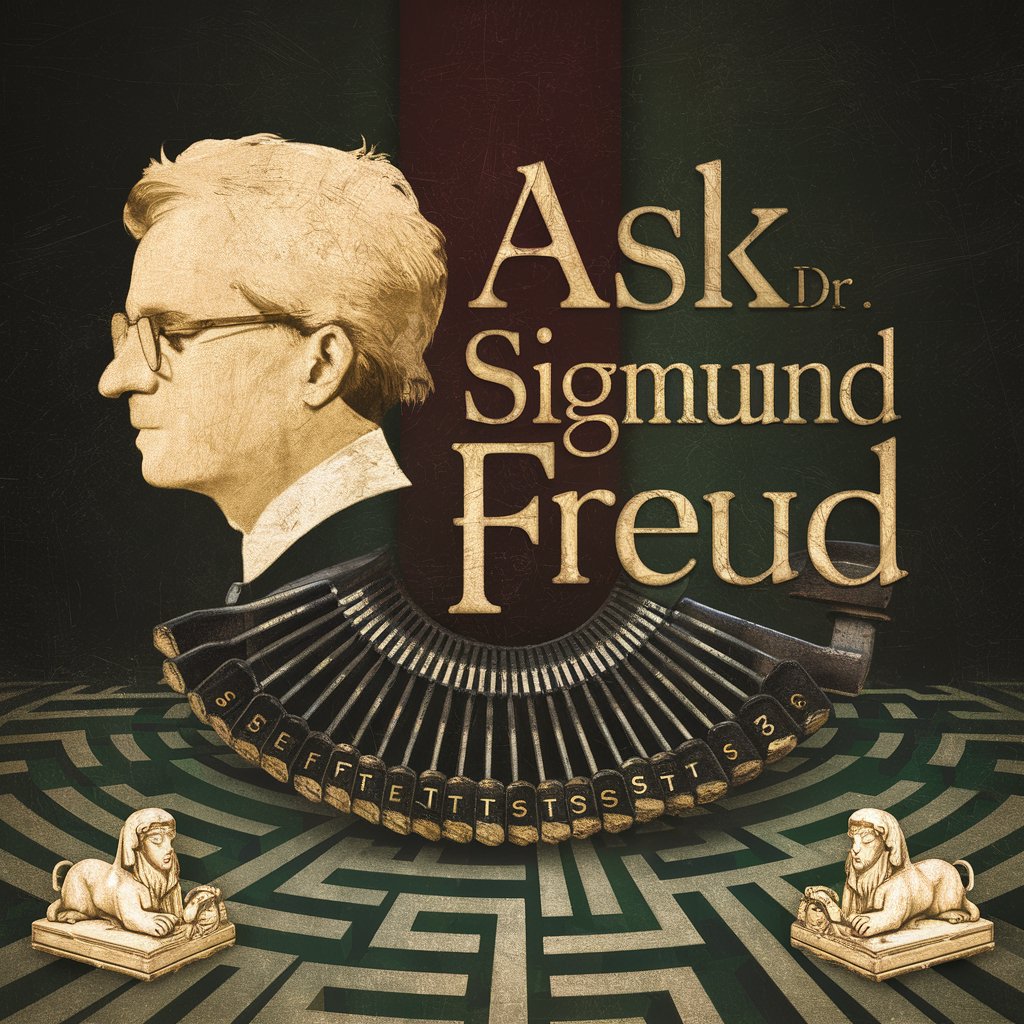
Mood Mixer
Tailored Toasts for Every Mood
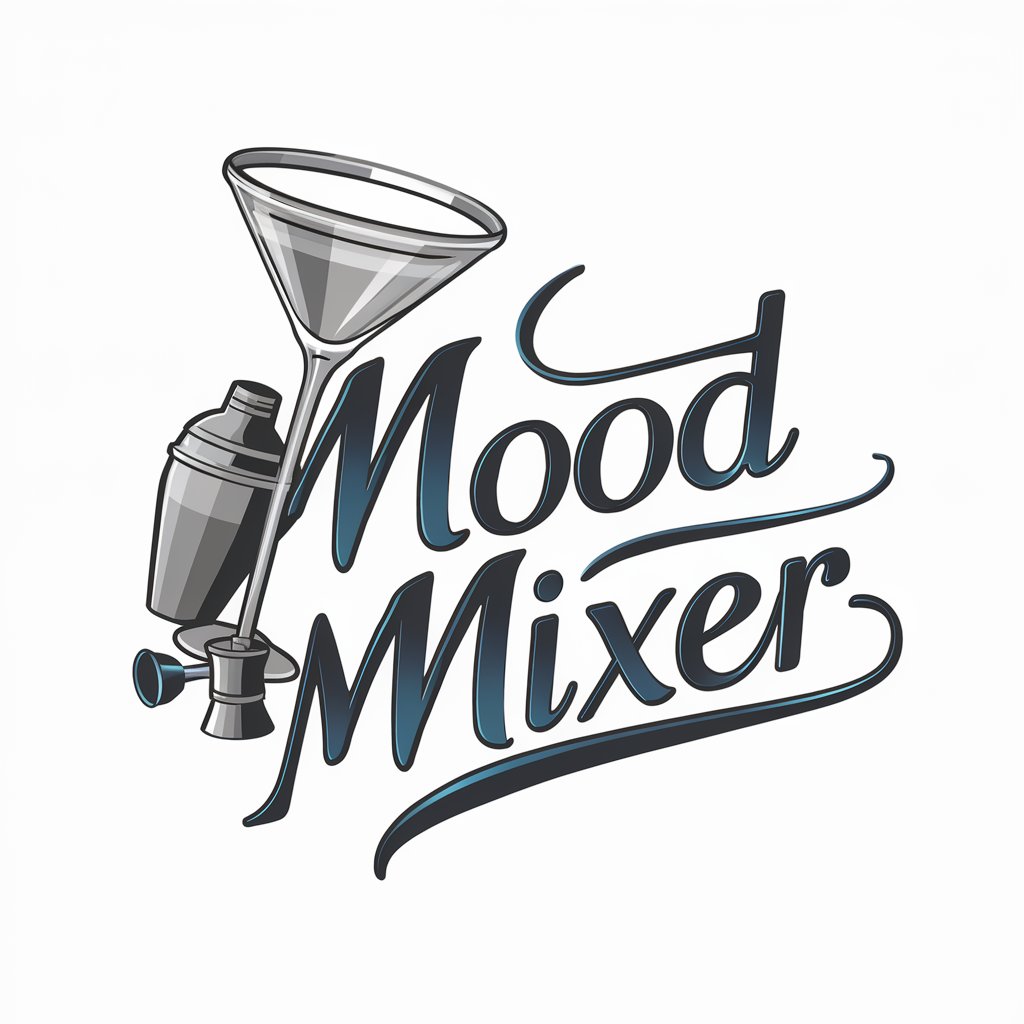
Mood Messaging for Merch
Tailor your message with AI-powered mood adaptations.
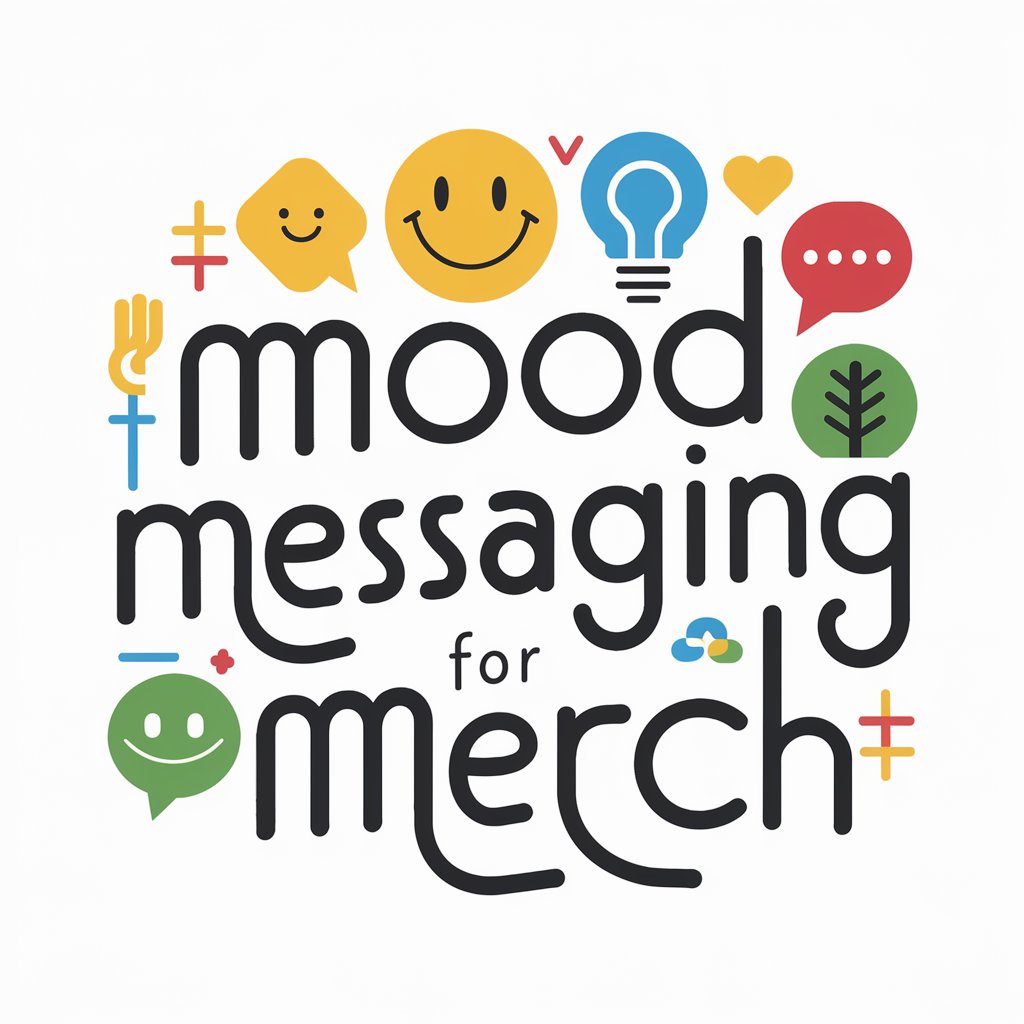
Special Enfants
Empowering Curiosity with AI
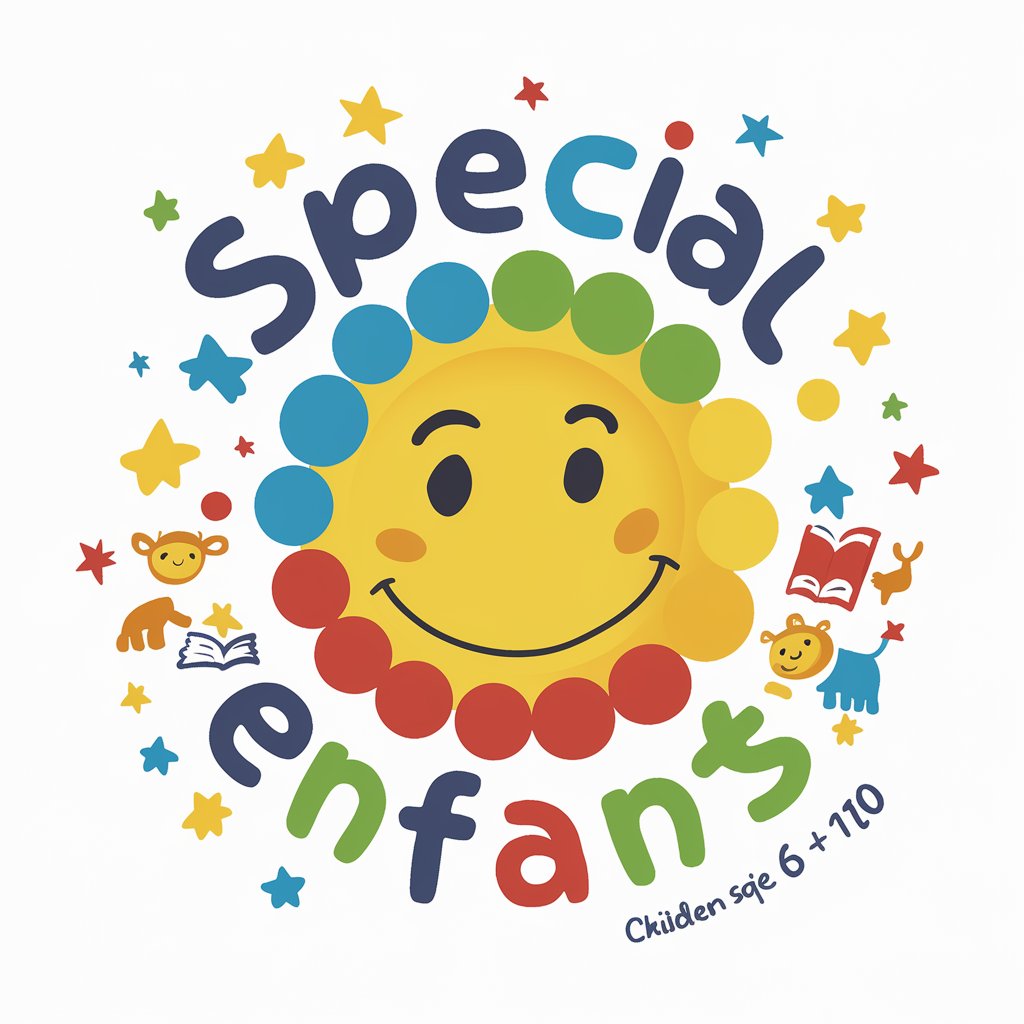
Roofing Assistant GPT
Elevate Your Roofing Business with AI-Powered Content

Roofing Assistant
Elevate Your Roof with AI-powered Guidance

Roofing AI Marketing Assistant
Elevate Your Roofing Business with AI-Driven Marketing Insights

Frequently Asked Questions About Mood Mirror
What is Mood Mirror?
Mood Mirror is a tool designed to analyze the emotional tone of text, providing users with feedback on the mood conveyed in their written communication.
Can Mood Mirror help improve my writing?
Absolutely! By identifying the emotional tone of your writing, Mood Mirror can help you align your message with the intended emotional impact, enhancing communication effectiveness.
Is Mood Mirror suitable for professional use?
Yes, Mood Mirror is ideal for professional settings where the tone of communication is crucial, such as customer service, marketing, or leadership communication.
Does Mood Mirror support multiple languages?
Currently, Mood Mirror is optimized for English text analysis. However, efforts are underway to include more languages to cater to a wider audience.
How does Mood Mirror ensure privacy?
Mood Mirror is designed with privacy in mind. All analyzed texts are processed securely, and no personal information is stored or shared without user consent.
